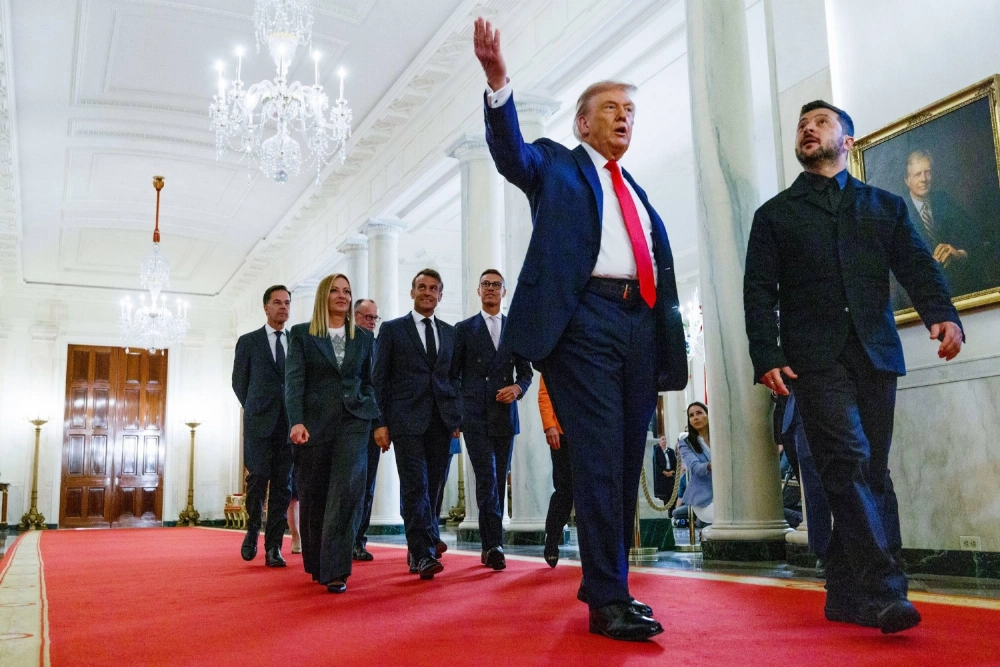Two weeks ago, I was 50% sure that U.S. President Donald Trump would cancel his Asia trip. I’ll spare you my reasoning but I thought I had pretty good grounds for that prediction. Obviously, I was wrong: Trump is halfway through a three-country tour of the region as you read this.
I don’t feel too bad about being wrong. Apparently, I’m in good company. Not in that particular prediction, but in divining the future in general — even among professionals. Worse, many national security experts don’t even have their facts right. Worse still, they tend to be overconfident about their knowledge.
That’s the conclusion of a new, exhaustive and alarming study by Jeffrey Friedman, an associate professor of government at Dartmouth, who focuses on the politics and psychology of national security decision-making. His analysis of more than 60,000 assessments of uncertainty made by national security officials from more than 40 NATO allies and partners is the first to provide “generalizable foundations” of the systemic biases of uncertainty of national security pros.


















With your current subscription plan you can comment on stories. However, before writing your first comment, please create a display name in the Profile section of your subscriber account page.